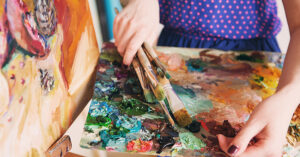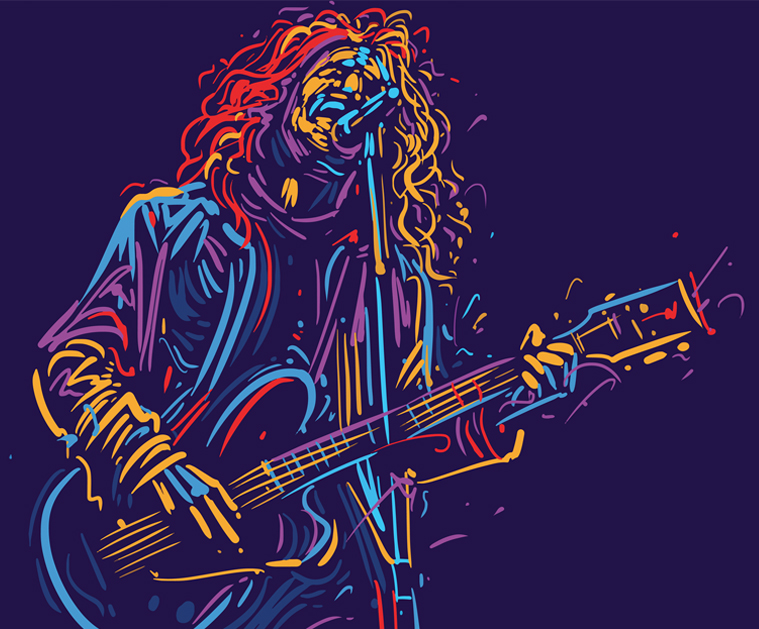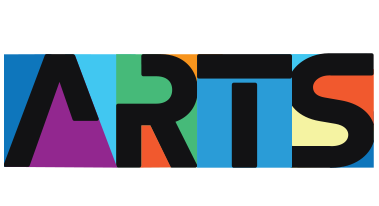Artistic collaborations have long been a powerful force in the art world, bringing together diverse talents to create something truly unique and impactful.
These creative alliances can take many forms, from interdisciplinary partnerships to cross-cultural exchanges, and they play a crucial role in pushing the boundaries of artistic expression.
This article delves into the essence, benefits, process, and impact of artistic collaborations, providing valuable insights for both seasoned artists and those new to the concept.
The Essence of Artistic Collaborations
Artistic collaborations involve the partnership of two or more artists working together to create a unified piece of art. These collaborations can be interdisciplinary, involving different forms of art such as visual arts and music; intra-disciplinary, where artists from the same field, like two painters, join forces; or cross-cultural, bringing together artists from diverse cultural backgrounds.
Historically, artistic collaborations have led to significant movements and breakthroughs in art. For instance, the collaboration between Pablo Picasso and Georges Braque gave birth to Cubism, a revolutionary art movement that changed the course of modern art. Such partnerships demonstrate the profound impact that collaborative efforts can have on the art world.
Benefits of Artistic Collaborations
Enhanced Creativity and Innovation
One of the most significant benefits of artistic collaborations is the enhanced creativity and innovation that arise from the synergy of different ideas and techniques. A prime example is Andy Warhol’s “The Factory,” where artists from various disciplines came together to produce groundbreaking work.
Collaborations can break creative blocks and lead to unexpected, innovative outcomes, as artists draw inspiration from each other’s perspectives and skills.
Expanding Artistic Horizons
Artistic collaborations expose artists to new styles and mediums, allowing them to expand their artistic horizons. Mixed media projects, where different art forms are combined, are a testament to the possibilities of such collaborations.
Furthermore, artists can learn and share skills through workshops and joint projects. Testimonials from artists who have participated in collaborative projects often highlight how these experiences have enriched their creative practices.
Strengthened Community and Network
Collaborating with other artists helps build stronger relationships within the art community. Local examples from East End Arts showcase how collaborative efforts can create a sense of community and mutual support among artists.
Additionally, collaborations increase visibility and opportunities, as artists can participate in joint exhibitions and performances that attract larger audiences and media attention.
The Process of Artistic Collaboration
Finding the Right Collaborators
The first step in a successful artistic collaboration is finding the right partners. It’s crucial to identify collaborators who share similar goals and visions while respecting each other’s creative differences.
Mutual respect and trust are the foundation of any successful partnership. Utilizing networks and platforms, such as social media, artist communities, and events at East End Arts, can help artists find potential collaborators.
Planning and Communication
Effective planning and communication are essential for a smooth collaboration. Establishing clear roles and expectations, including contracts and agreements, helps prevent misunderstandings.
Regular meetings and updates ensure that all parties are aligned and can address any issues promptly.
Overcoming Challenges
Artistic collaborations are not without challenges. Creative differences can arise, and it’s important to have conflict resolution techniques in place. Addressing these differences constructively can lead to stronger outcomes.
Additionally, managing logistics and resources, such as budgeting and scheduling, is crucial to ensure the project’s success.
Impact on the Art and the Artists
Artistic Growth and Development
Collaborative projects contribute significantly to the personal and professional growth of artists. Stories from artists who have engaged in transformative collaborations highlight how these experiences have shaped their artistic journeys.
The long-term impact on their style and approach is often profound, leading to continued evolution in their work.
Audience and Market Reach
Artistic collaborations also enhance audience engagement and market reach. Joint exhibitions and performances attract a broader audience, as the combined appeal of multiple artists can draw more interest.
Additionally, collaborative efforts often come with marketing advantages, including shared promotion and funding opportunities.
Case Studies of Successful Artistic Collaborations
Notable Examples
Successful artistic collaborations can be seen across various disciplines. For example, the collaboration between musician David Bowie and visual artist Tony Oursler resulted in innovative multimedia projects that captivated audiences.
Community-based projects, such as mural initiatives involving local schools and artists, highlight how collaborative efforts can have a positive social impact.
Lessons Learned
Key takeaways from successful collaborations include the importance of clear communication, mutual respect, and the willingness to embrace creative differences. These lessons can be applied to future projects to ensure successful outcomes and continued growth.
The Role of Organizations like East End Arts
Facilitating Collaborations
Organizations like East End Arts play a pivotal role in facilitating artistic collaborations. We offer programs and events designed to foster collaboration, such as open studios, workshops, and networking events.
These initiatives provide artists with the support and resources needed to embark on collaborative projects, including grants, space, and marketing assistance.
Showcasing Collaborative Works
East End Arts also plays a crucial role in showcasing collaborative works. Our galleries and exhibitions often feature projects created through partnerships, highlighting the power of collaboration.
Community events such as art fairs, music festivals, and cultural celebrations further promote collaborative efforts, bringing them to a wider audience.
Conclusion
Artistic collaborations are a powerful force in the art world, driving creativity, innovation, and community building. By bringing together diverse talents and perspectives, these collaborations push the boundaries of artistic expression and create lasting impacts on both the art and the artists involved.
For artists looking to explore new opportunities, East End Arts provides a supportive environment to initiate and develop collaborative projects.
Embracing artistic collaborations can lead to profound personal and professional growth, making them an invaluable aspect of the artistic journey.
Be sure to check out our Art School to learn more.






